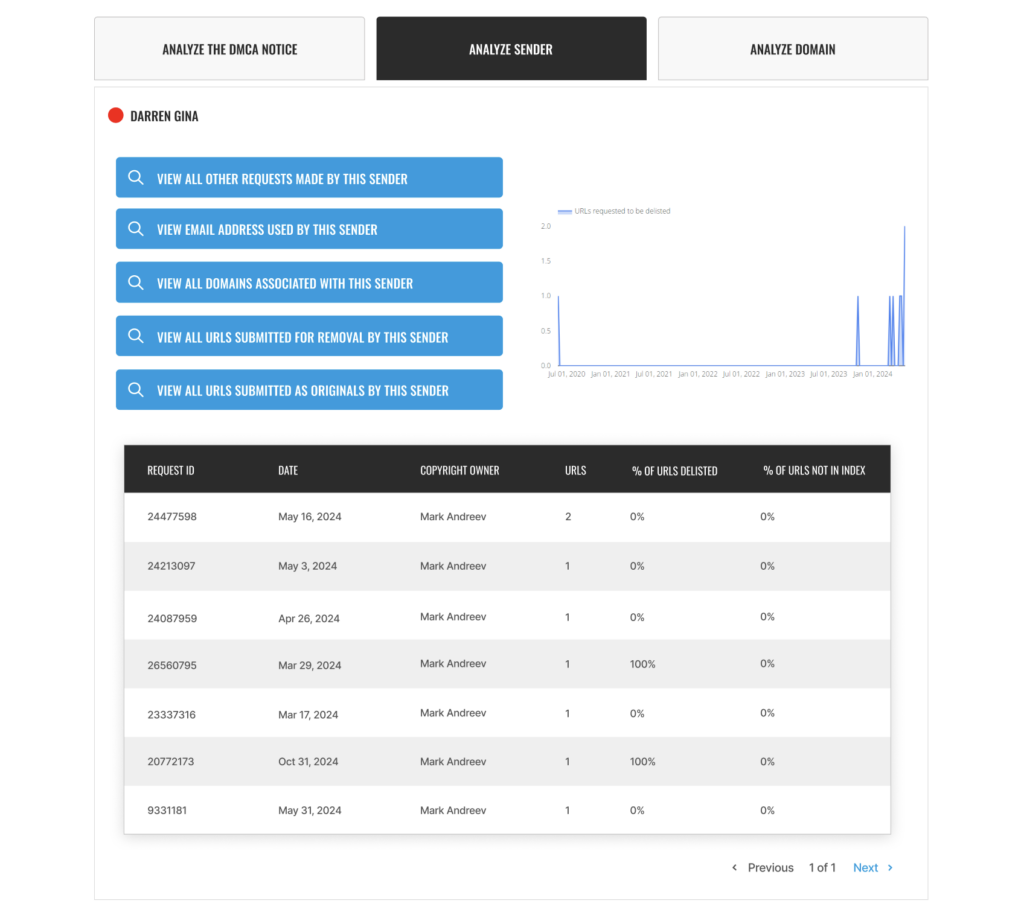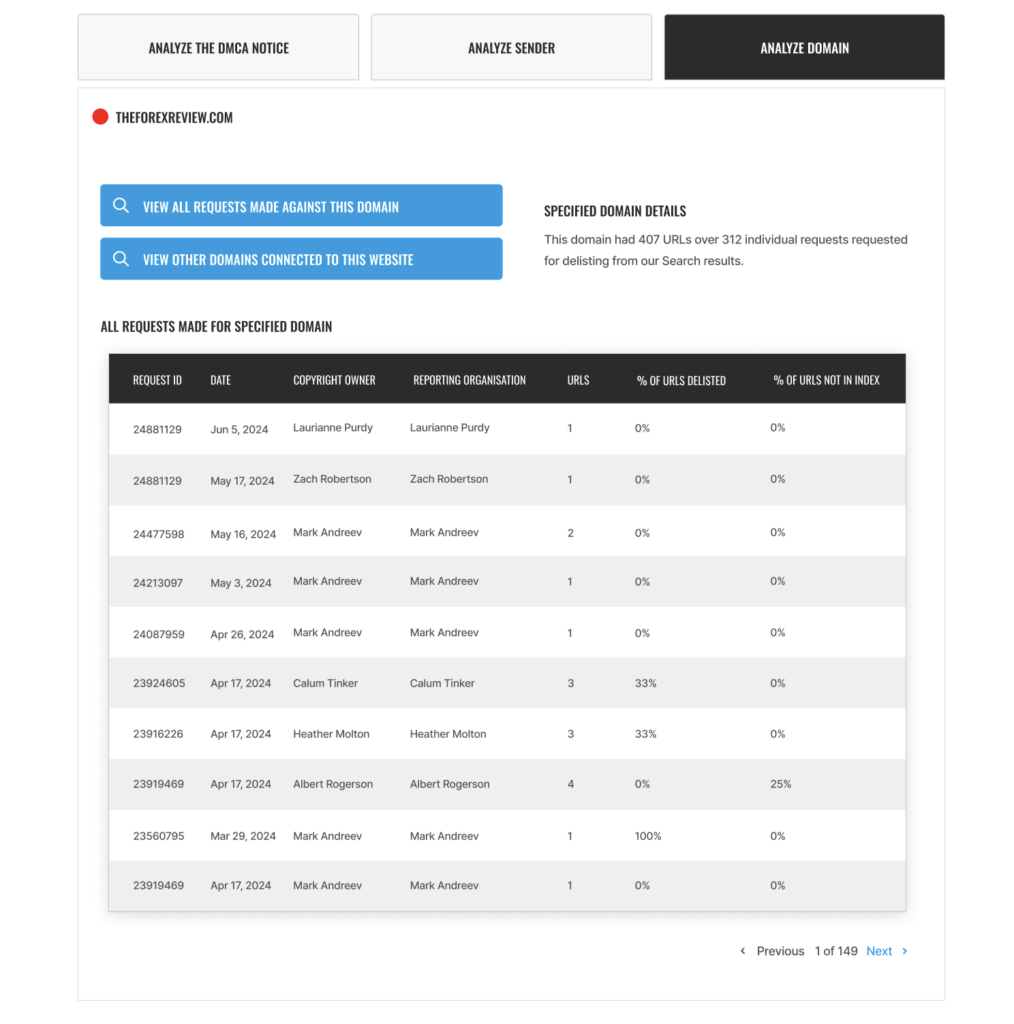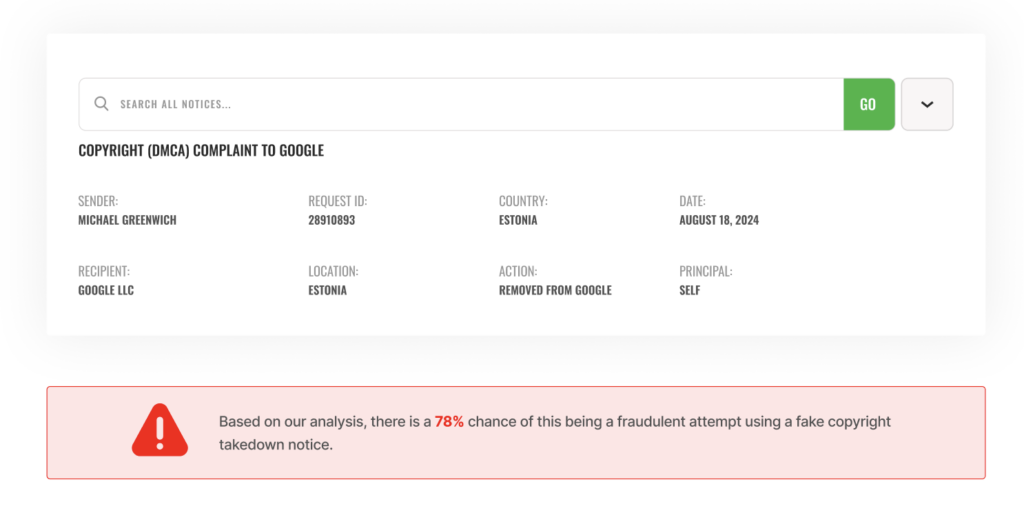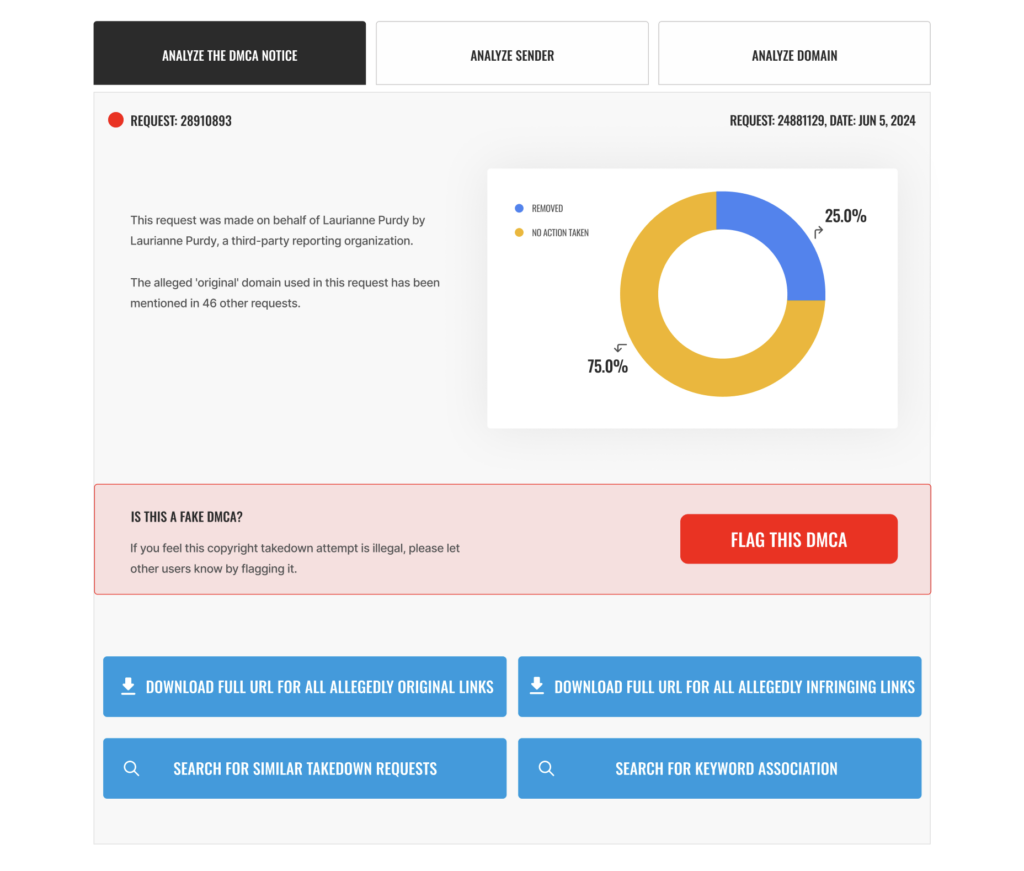What Happened?
Coinexx is an offshore broker that provides trading services in Forex, commodities, and cryptocurrencies. Promoting itself as a platform for traders seeking low spreads and competitive trading conditions, Coinexx operates without the oversight of reputable financial regulators, raising concerns about its credibility and safety for investors. The lack of regulatory backing means that traders have limited recourse in the event of disputes, which has been a critical issue in the complaints lodged against the company.

Coinexx has been trying to hide a series of adverse news, negative reviews, and complaints that highlight serious concerns about its business practices. Traders on review platforms like Myfxbook have shared numerous grievances, including sudden account terminations, refusal to honor withdrawals, unexplained deductions, and issues with slippage and price manipulation during volatile market conditions. Many customers report that their attempts to resolve these issues with Coinexx’s customer support were either ignored or met with unhelpful responses. In addition to these complaints, there are allegations of unethical behavior, such as manipulating trades to trigger stop losses and using unfair terms to justify account closures without warning. Coinexx appears to be making efforts to suppress these negative reviews by discrediting complainants and removing or obscuring critical content, all in an attempt to protect its public image while continuing practices that may disadvantage its clients.

Analyzing the Fake Copyright Notice(s)
Our team collects and analyses fraudulent copyright takedown requests, legal complaints, and other efforts to remove critical information from the internet. Through our investigative reporting, we examine the prevalence and operation of an organized censorship industry, predominantly funded by criminal entities, oligarchs, and disreputable businesses or individuals. Our findings allow internet users to gain insight into these censorship schemes’ sources, methods, and underlying objectives.
List of Fake Copyright Notices for Coinexx
| Number of Fake DMCA Notice(s) | 1 |
| Lumen Database Notice(s) | https://lumendatabase.org/notices/44009970 |
| Sender(s) | TitanEdge Innovations |
| Date(s) | Aug 22, 2024 |
| Fake Link(s) Used by Scammers | https://coinexx.com/ |
| Original Link(s) Targeted | https://www.myfxbook.com/reviews/brokers/coinexx/3089867,1 |
Evidence and Screenshots

How do we investigate fake DMCA notices?
To accomplish this, we utilize the OSINT Tool provided by FakeDMCA.com and the Lumen API for Researchers, courtesy of the Lumen Database.
FakeDMCA.com is the work of an independent team of research students and cybersecurity professionals, developed under Project UnCensor. Their OSINT Tool, designed to uncover and analyze takedown notices, represents a significant step forward in combating these abusive practices. It has become a valuable resource, increasingly relied upon by journalists and law enforcement agencies across the United States.
Lumen, on the other hand, is an independent research initiative dedicated to studying takedown notices and other legal demands related to online content removal. The project, which operates under the Berkman Klein Center for Internet & Society at Harvard University, plays a crucial role in tracking and understanding the broader implications of such requests.
What was Coinexx trying to hide?
Coinexx, an unregulated offshore broker, has positioned itself as a choice platform for traders seeking low spreads, high leverage, and access to a broad spectrum of financial instruments, including Forex and cryptocurrencies. However, behind the glossy marketing and enticing trading conditions, there is a growing cloud of allegations and complaints that suggest a darker reality. Operating without the oversight of any reputable regulatory body, Coinexx has drawn scrutiny from the trading community for the opaque nature of its business practices. Traders who entrusted their money to Coinexx have reported numerous issues, from unjustified account closures to suspicious fund deductions and significant delays in processing withdrawals. The broker’s operations lack the transparency that investors would expect from a legitimate trading platform, leaving many to wonder if Coinexx is, in fact, a broker that prioritizes its profits over its clients’ welfare.
Digging deeper into trader forums and review platforms like Myfxbook reveals a consistent pattern of grievances that Coinexx seems eager to bury. Numerous users have shared their frustration over questionable trading conditions, with some alleging that their trades were manipulated to trigger stop losses or maximize their losses. This kind of market manipulation, if true, suggests that Coinexx may be stacking the odds against its clients—a damning accusation for any broker. Furthermore, accounts of poor customer service abound, with traders reporting that their complaints were met with indifference or outright refusal to address their issues. The broker’s reluctance to offer clarity on disputed transactions, paired with the use of legal and technical measures to scrub negative reviews from public forums, indicates a deliberate attempt to conceal its shady practices. The relentless efforts to censor damaging information raise serious questions about Coinexx’s integrity and reveal a concerted strategy to maintain a façade of legitimacy while avoiding accountability for its actions.
Only Coinexx benefits from this crime.

Since the fake copyright takedown notices were designed to remove negative content for Coinexx from Google, we assume Coinexx or someone associated with Coinexx is behind this scam. It is often a fly-by-night Online Reputation agency working on behalf of Coinexx. In this case, Coinexx, at best, will be an “accomplice” or an “accessory” to the crime. The specific laws may vary depending on the jurisdiction. Still, the legal principle generally holds that if you actively participate in planning, encouraging, or facilitating a crime, you can be charged with it, even if you did not personally commit it.
How do we counteract this malpractice?
Once we ascertain the involvement of Coinexx (or actors working on behalf of Coinexx), we will inform Coinexx of our findings via Electronic Mail.
Our preliminary assessment suggests that Coinexx may have engaged a third-party reputation management agency or expert, which, either independently or under direct authorization from Coinexx, initiated efforts to remove adverse online content, including potentially fraudulent DMCA takedown requests. We will extend an opportunity to Coinexx to provide details regarding their communications with the agency or expert, as well as the identification of the individual(s) responsible for executing these false DMCA notices.
Failure to respond in a timely manner will necessitate a reassessment of our initial assumptions. In such an event, we will be compelled to take appropriate legal action to rectify the unlawful conduct and take the following steps –
- Inform Google about the fraud committed against them.
- Inform the victims of the fake DMCA about their websites.
- Inform relevant law enforcement agencies
- File counter-notices on Google to reinstate the ‘removed’ content
- Publish copies of the ‘removed’ content on our network of 50+ websites
By investigating the fake DMCA takedown attempts, we hope to shed light on the reputation management industry, revealing how Coinexx and companies like it may use spurious copyright claims and fake legal notices to remove and obscure articles linking them to allegations of fraud, tax avoidance, corruption, and drug trafficking…
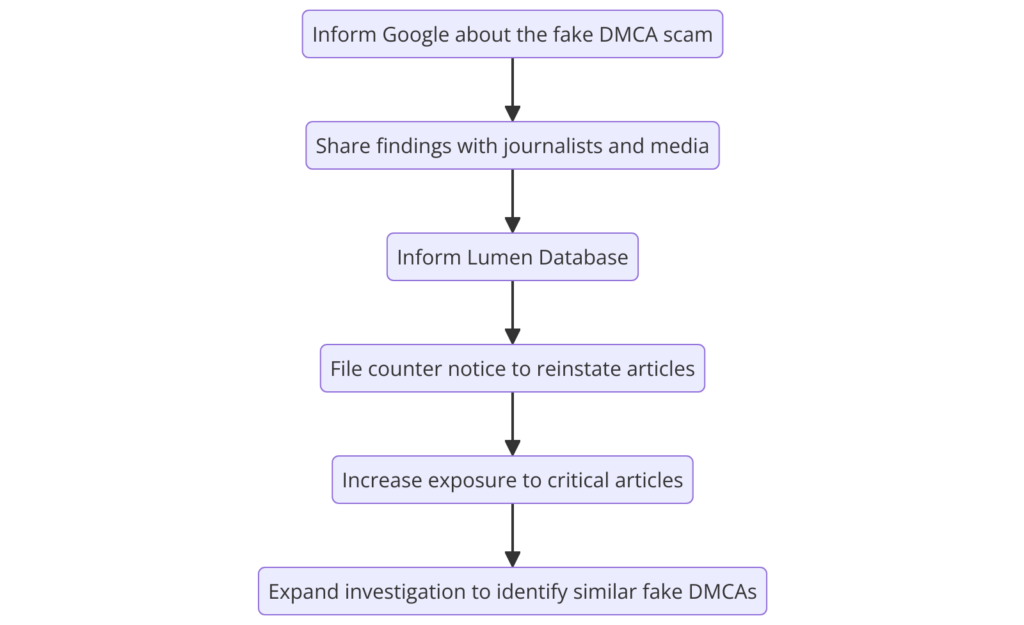
Since Coinexx made such efforts to hide something online, it seems fit to ensure that this article and our original review of Coinexx, including but not limited to user contributions, remain a permanent record for anyone interested in Coinexx.
A case perfect for the Streisand effect…
Potential Consequences for Coinexx
Under Florida Statute 831.01, the crime of Forgery is committed when a person falsifies, alters, counterfeits, or forges a document that carries “legal efficacy” with the intent to injure or defraud another person or entity.
Forging a document is considered a white-collar crime. It involves altering, changing, or modifying a document to deceive another person. It can also include passing along copies of documents that are known to be false. In many states in the US, falsifying a document is a crime punishable as a felony.

Additionally, under most laws, “fraud on the court” is where “a party has sentiently set in motion some unconscionable scheme calculated to interfere with the judicial system’s ability impartially to adjudicate a matter by improperly influencing the trier of fact or unfairly hampering the presentation of the opposing party’s claim or defense.” Cox v. Burke, 706 So. 2d 43, 46 (Fla. 5th DCA 1998) (quoting Aoude v. Mobil Oil Corp., 892 F.2d





